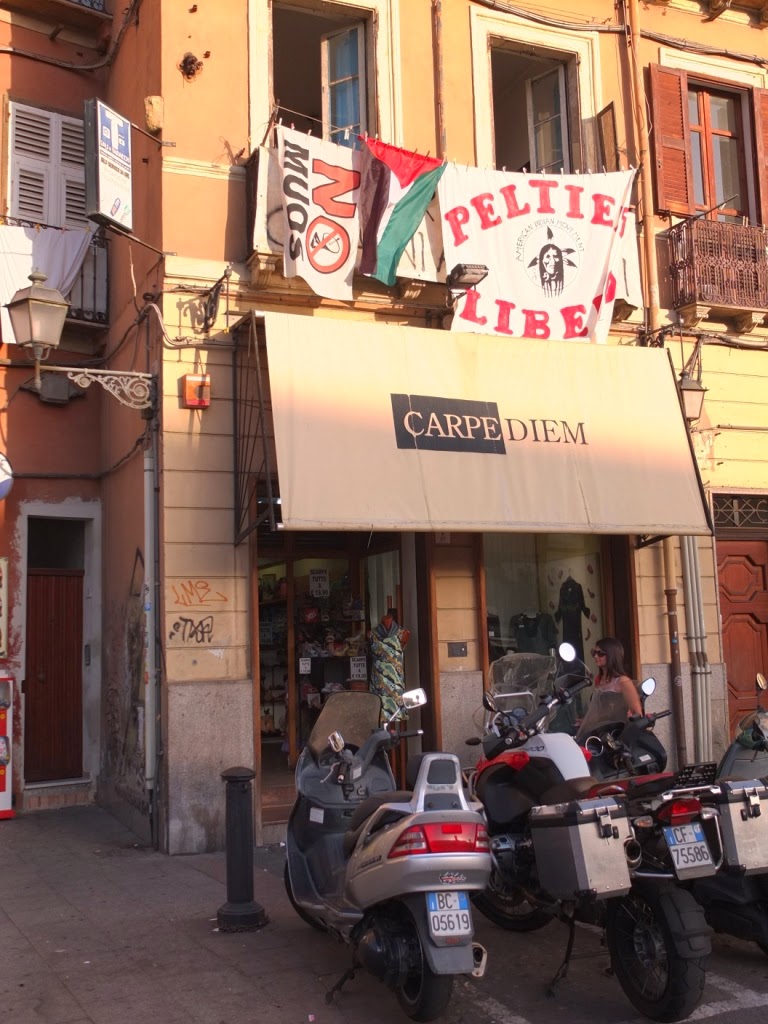Probably the best account of the events that led to the arrest and conviction of Peltier is Peter Matthiessen's In the Spirit of Crazy Horse. Many others have championed Peltier over the years, including Michael Apted, who did a documentary entitled Incident at Oglala that brought the issue even more sharply into focus. But, as is so often the case, time has a tendency of dulling our awareness of these issues, and we tend to forget them.
The FBI had considered the American Indian Movement un-American and had been tracking it since the day it formed, much like it had gone after other consciousness movements like the Black Panthers. Peltier was the most visible figure of AIM, and the FBI felt if it could remove him from the scene it would take the wind out of the organization. But, here we are nearly 40 years later and even in such far-flung places as Sardinia someone calls for his release.

Comments
Post a Comment